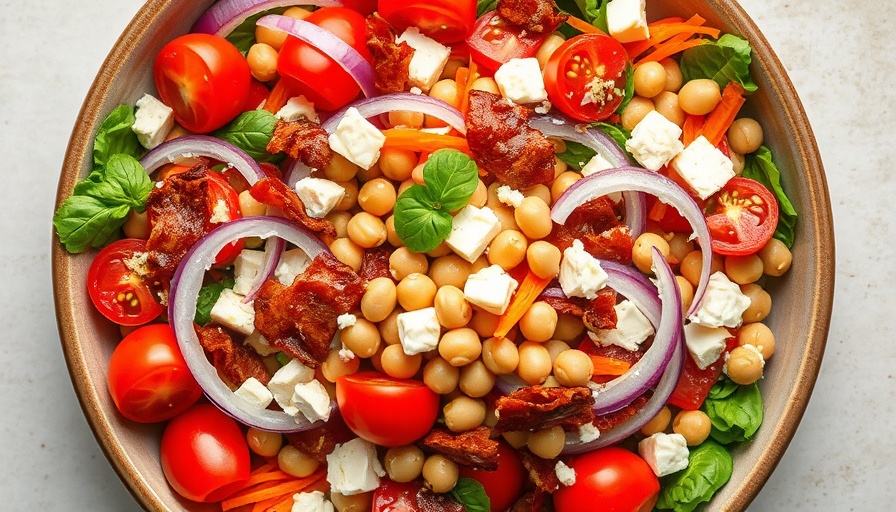
Finding Joy in Food: Overcoming Culinary Challenges
For many people, cooking can feel like an arduous task, especially during times of emotional distress such as depression. Whether it’s a lack of energy or an overwhelming sense of sadness, the thought of preparing a wholesome meal can be daunting. However, making conscious food choices is vital for mental and physical health. Here, we explore six practical tips that can help navigate the kitchen even when cooking feels impossible.
1. Embrace Convenience Foods Wisely
While home-cooked meals are often ideal, busy or overwhelmed parents may find convenience foods a necessary ally. Opt for frozen or pre-made meals that are nutritious. Look for options with whole ingredients and minimal preservatives. This allows you to save time and mental energy while still nourishing your body.
2. Simplify the Cooking Process
When the idea of cooking feels overwhelming, simplify your approach. One-pot meals or sheet-pan dinners can significantly reduce prep and clean-up time. Think about recipes that marry several ingredients—like a stir-fry or a soup. This way, you can enjoy the benefits of cooking without prolonged exposure to stress.
3. Batch Cooking: A Game Changer
Prepare meals ahead of time when you’re feeling well. Cook in bulk for the week, storing portions in the fridge or freezer. This not only saves time in the moment when cooking feels insurmountable but also ensures that healthy food is ready for those tougher days. Use easy recipes that reheat well, helping you stick to a nutritious eating plan.
4. Include Your Family in the Process
Cooking can feel isolating, but by involving family members—especially kids—it can become a bonding activity. Choose simple recipes everyone can contribute to, turning the kitchen into a space for collaboration and connection. This not only makes cooking more enjoyable but also enhances the family’s commitment to healthy eating.
5. Prioritize Nutrient-Dense Foods
Your meal choices can greatly impact how you feel. Prioritize nutrient-dense foods that fuel both body and mind. Incorporate fruits, vegetables, lean proteins, and healthy fats to support mental well-being. Foods rich in omega-3 fatty acids, such as salmon and walnuts, are particularly beneficial for mood regulation and can be prepared easily.
6. Mindful Eating: A Moment for Yourself
When you do sit down to eat, take a moment to practice mindfulness. Slow down, savor each bite, and appreciate the flavors and textures. This practice not only enhances your enjoyment of food but helps establish a more positive relationship with eating, especially important during challenging times.
Summing It Up: Caring for Yourself Through Food
Cooking can feel like an insurmountable mountain when battling depression, but by implementing these tips, you can navigate the kitchen with greater ease. Remember that it’s okay to ask for help or rely on convenience when needed; the goal is to focus on nourishing your body and mind. Take small steps toward making positive choices every day, as they add up to big changes over time.
Take Action Today
Feeling overwhelmed? Start by choosing just one of these tips to implement today. Whether it’s prepping a batch of meals or inviting your family to cook with you, taking proactive steps is key. Nourishment and connection will not only improve your well-being but also instill a sense of joy and fulfillment associated with eating.
 Add Row
Add Row  Add
Add 




Write A Comment